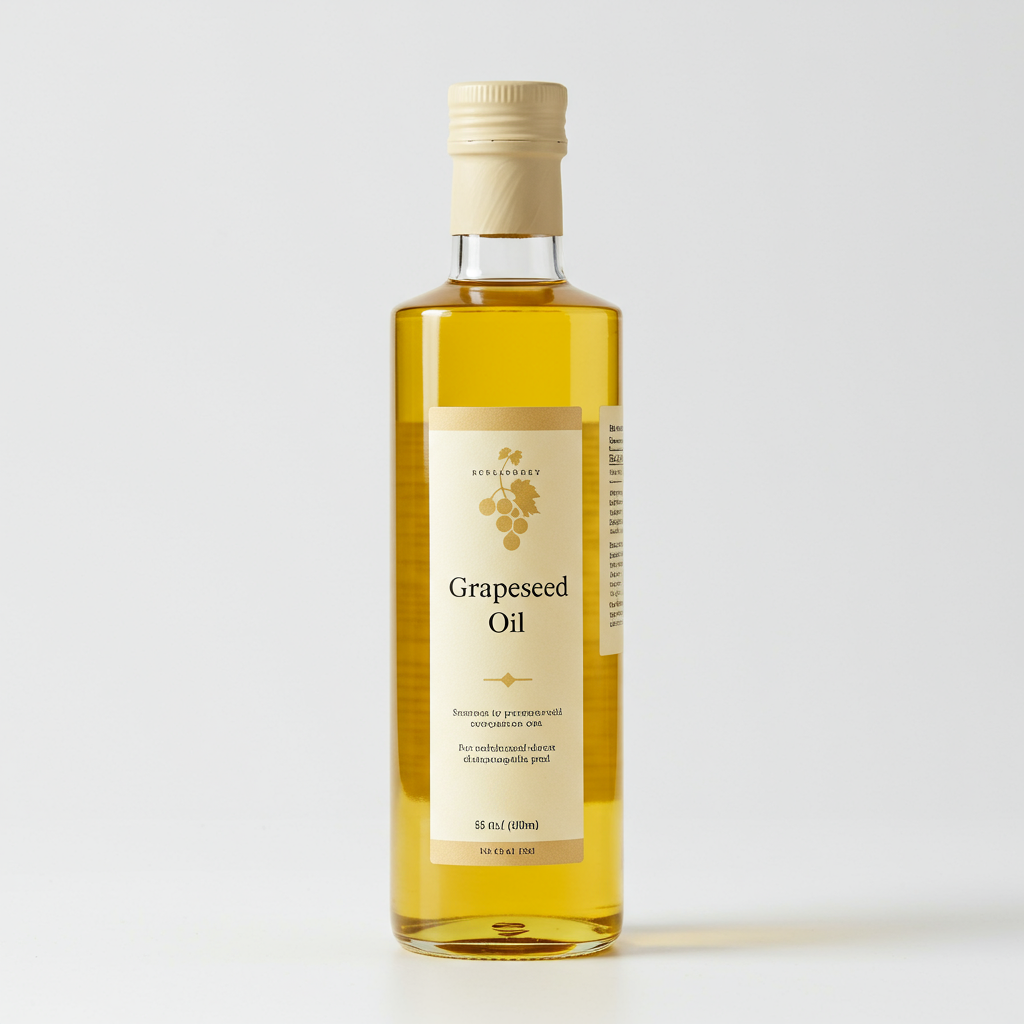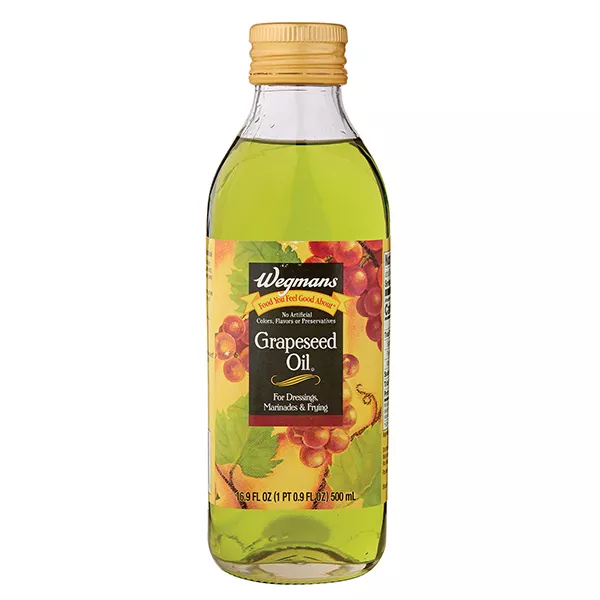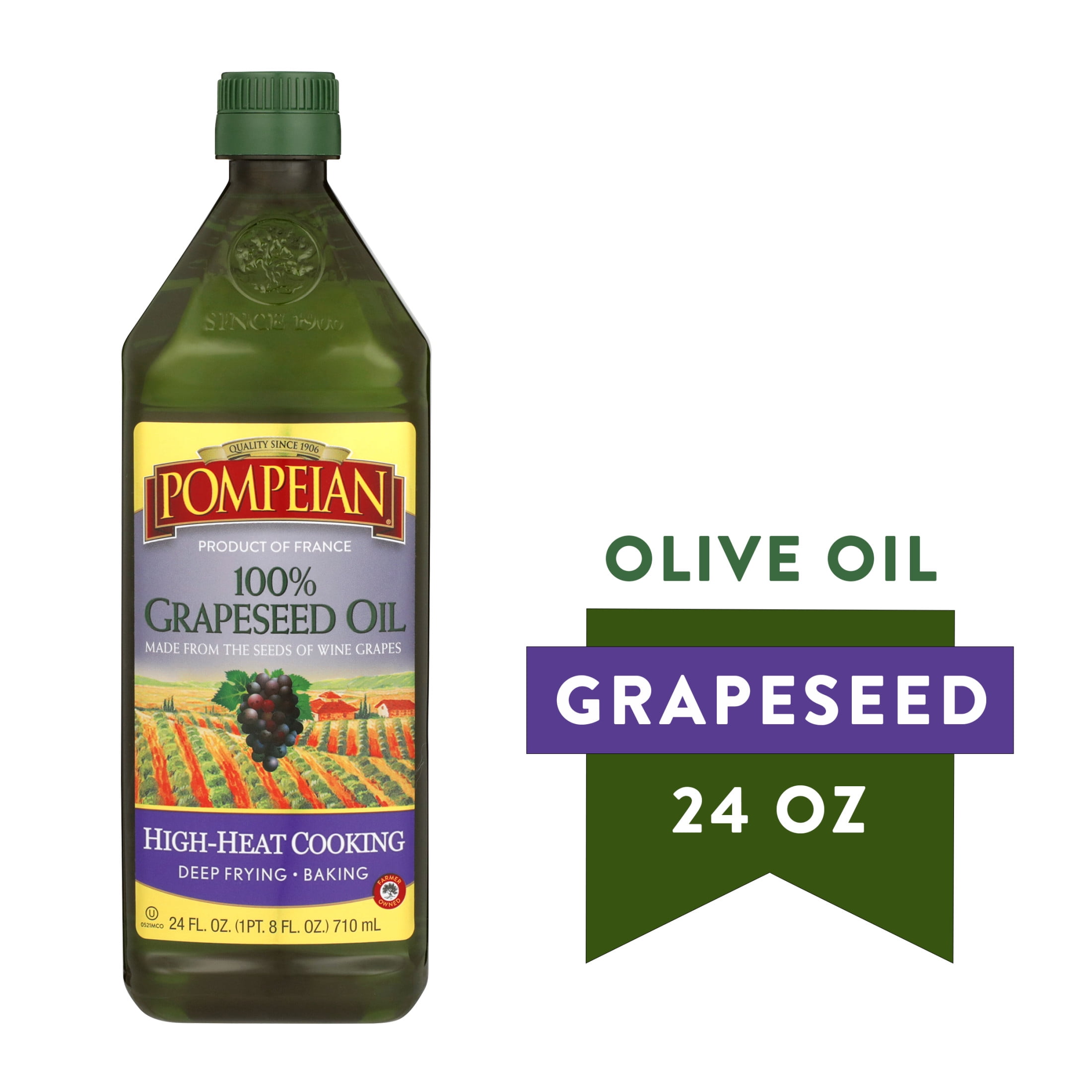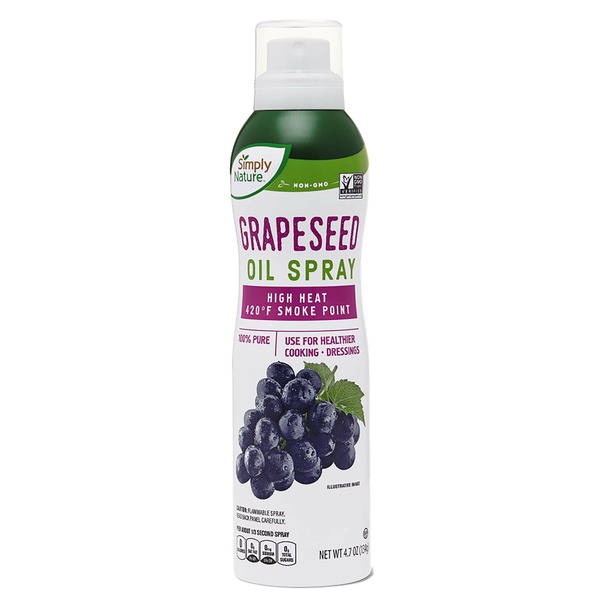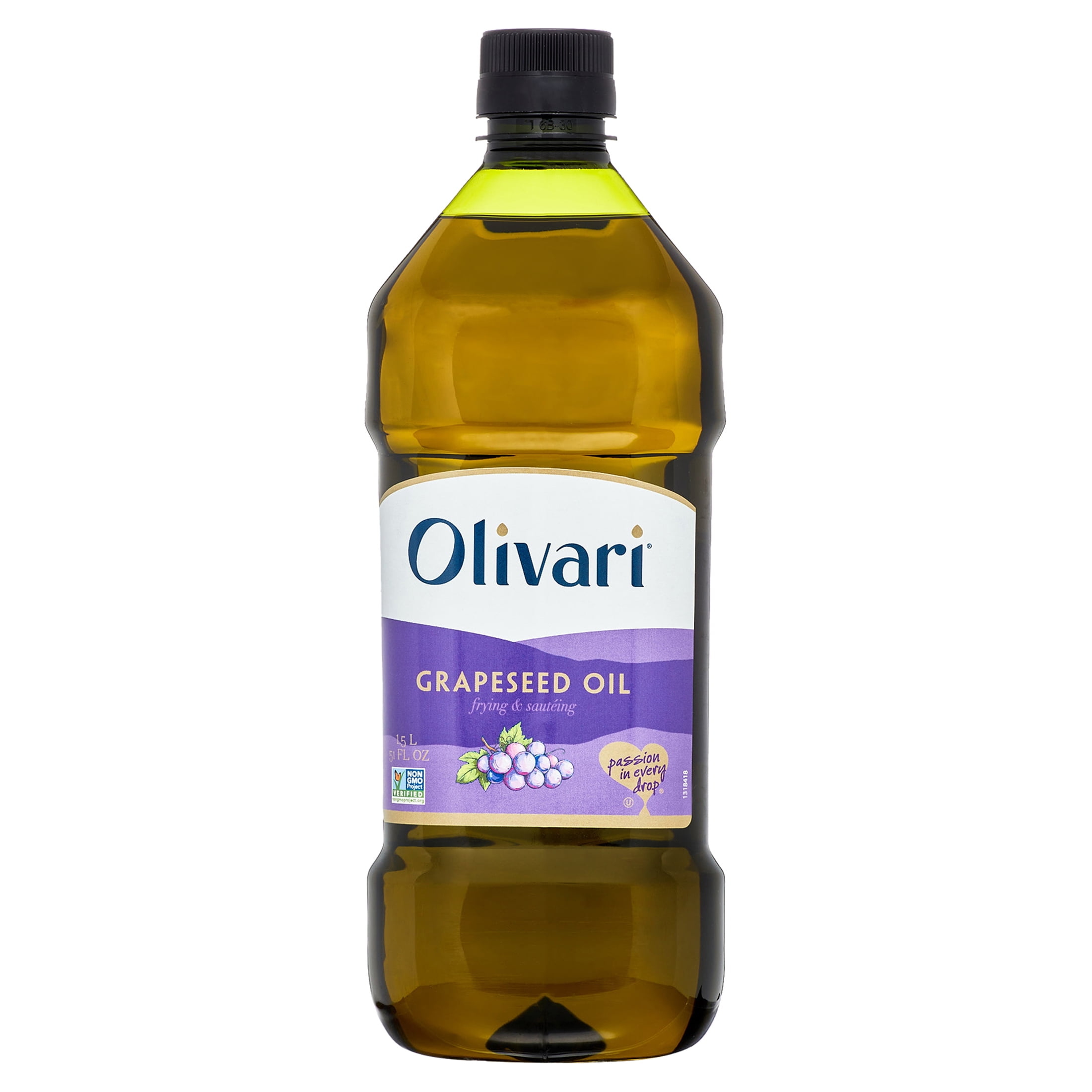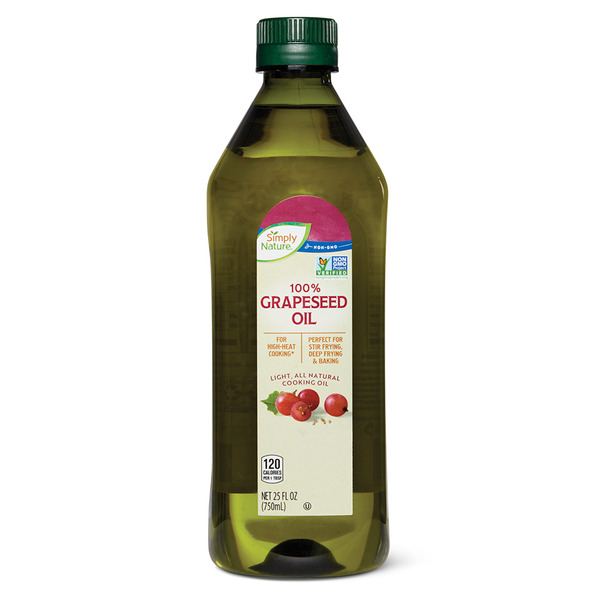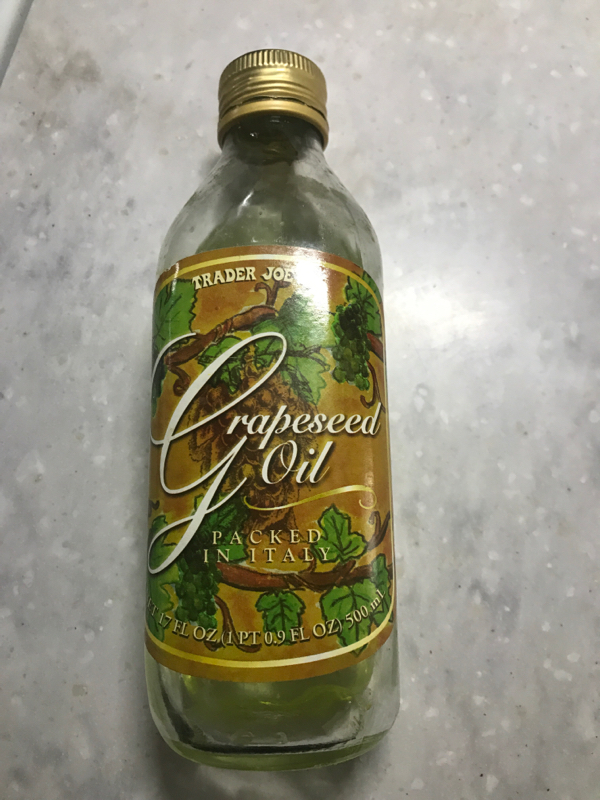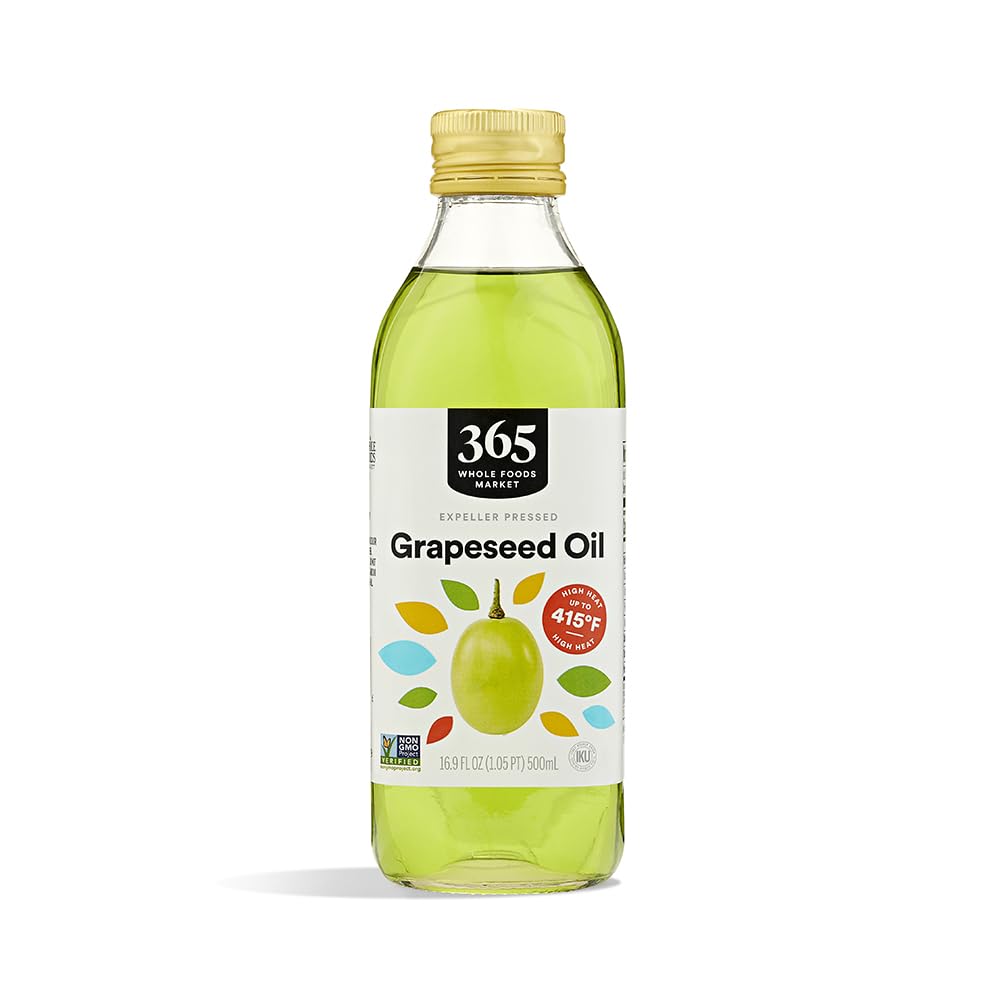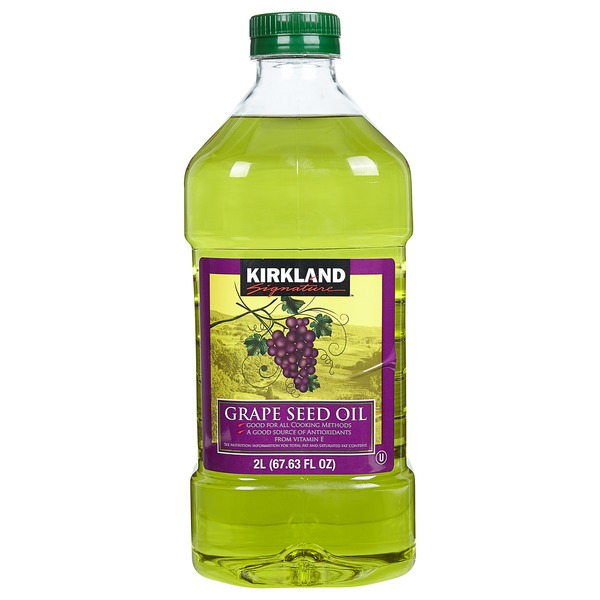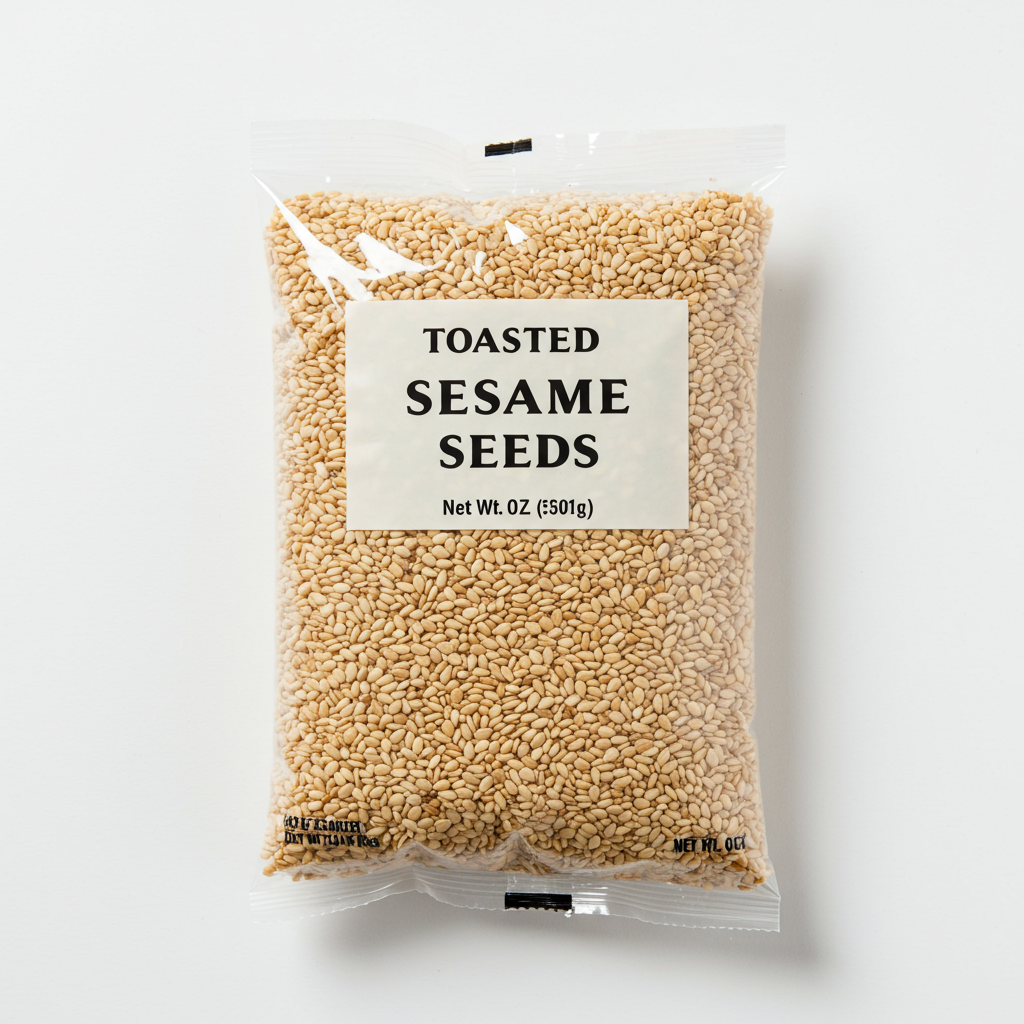MAIN DISHES
SIDE DISHES
CONDIMENTS AND SAUCES
Grapeseed Oil
Grapeseed oil, a versatile and nutritious oil, is derived from the seeds of grapes (Vitis vinifera) that are usually discarded during the winemaking process. The oil is popular due to its high smoke point, mild flavor, and numerous health benefits, making it an excellent choice for various cooking methods, including frying, sautéing, and baking.
Apart from culinary uses, Grapeseed oil is also common in cosmetics and skincare products due to its rich composition of linoleic acid, vitamin E, and beneficial antioxidants. Home cooks can appreciate this light, non-greasy oil for its ability to complement a wide range of recipes without overpowering their flavor.
0%
CARBS
100%
FAT
0%
PROTEIN
360 Grapeseed Oil Products
Wegmans Grapeseed Oil
Pompeian 100% Grapeseed Oil
La Tourangelle Grapeseed Oil, Expeller-Pressed
Carlini Non-GMO Grapeseed Oil
Simply Nature Non GMO Grapeseed Oil Cooking Spray
Olivari Grapeseed Oil, Cooking Oil for Frying & Sauteing
Simply Nature Non-GMO Grapeseed Oil
Grape Seed Oil
365 By Whole Foods Market, Oil Grapeseed
Kirkland Signature Grapeseed Oil, 2 L
Used In 57 Recipes
3
Pan-Seared Spicy Ginger-Sesame Tofu
5
Succulent Filet Mignon with Blender Bearnaise Sauce
5
Smokey BBQ Chickpeas & Broccoli Topped Creamy Mashed Potatoes
3
Simply Delicious Chana Masala
3
Easy Chickpea and Potato Curry
3
Delightful Chickpea Shawarma Pockets
2
Sizzling Tofu and Broccoli Stir-Fry
Succulent Steak and Scallops with Herb Butter
Grapeseed Oil Is Frequently Used With
Grapeseed Oil FAQ
When cooking with grapeseed oil, people often get confused about its usage due to its light flavor and high smoking point. People go wrong when they substitute grapeseed oil for stronger-flavored oils like sesame or olive, expecting the same result. Grapeseed oil shines in recipes that require a neutral oil that doesn't mask other flavors, and is perfect for high-heat cooking due to its high smoke point. It pairs brilliantly with mild ingredients like fish or vegetables.
To get the most out of grapeseed oil, use it for frying, searing, or sauteing where high heat is needed. Additionally, it makes an excellent base for salad dressings and marinades due to its lightness and slight fruity undertones. One little known tip: due to its emollient properties, grapeseed oil can also be used to season cast iron skillets or griddle pans.
Can you taste grapeseed oil in food?
Can I replace olive oil with grapeseed oil?
Is grapeseed oil good for frying?
What are the health benefits of grapeseed oil?
Can I use grapeseed oil for baking?
Is there any downside to using grapeseed oil?
Is grapeseed oil good for hair and skin?
Is grapeseed oil gluten-free?
How does grapeseed oil compare to canola oil?
Can grapeseed oil be used to season cast iron?
Expiration & Storage Tips
When does grapeseed oil expire?
Unopened, grapeseed oil can last up to two years if stored properly, away from light and heat. Once opened, it's best to use it within six months. While you can extend its shelf life slightly by keeping it in the fridge, it doesn't freeze well and this can affect its texture and viscosity.
How do you tell if grapeseed oil is bad?
Grapeseed oil that's past its prime typically has a rancid, bitter smell and taste. If you notice a strong or off-putting odor when you open the bottle, or if the oil has a strange flavor, it's likely gone bad and should be discarded. Color changes can also indicate spoilage, such as if the oil becomes cloudy or has a darker appearance.
Tips for storing grapeseed oil to extend shelf life
• Store grapeseed oil in a cool, dark place, such as a pantry or cupboard, far from the stove or other heat sources.
• Consider transferring the oil to a dark glass bottle if it came in a clear one to protect it from light exposure which can lead to rancidity.
• While refrigerating grapeseed oil can extend its shelf life, remember to allow it to return to room temperature before using it for cooking as it thickens in colder temperatures.
• Always remember to tightly close the cap after each use to prevent exposure to air which accelerates oxidation and spoilage.
EXPIRES WITHIN
12 - 24
MONTHS
Substitutes

Avocado Oil

Olive Oil

Light Olive Oil

Canola Oil

Safflower Oil

Butter

Butter Oil Blend Spread

Hazelnut Oil
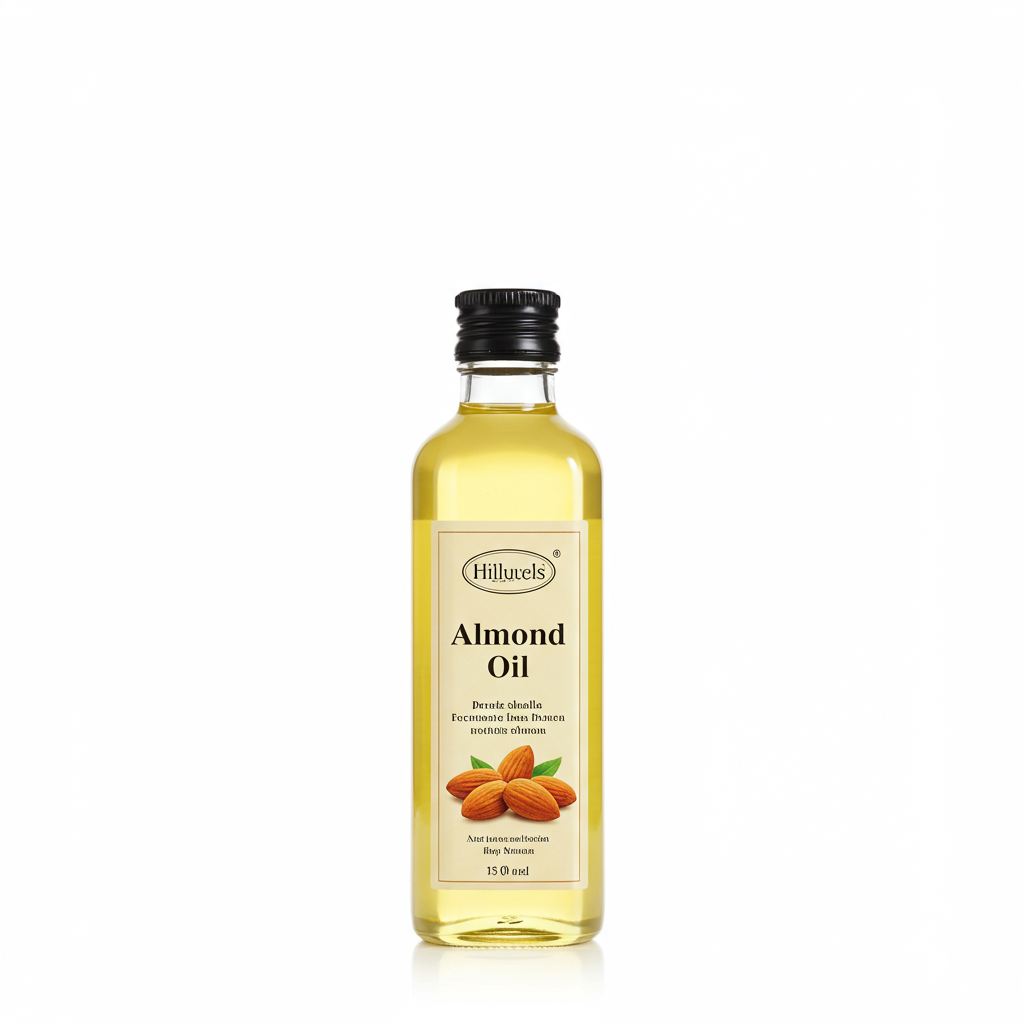
Almond Oil

Coconut Oil
See All
Health Info
Macros
0g
CARBS
14g
FAT
0g
PROTEIN
Allowed on these diets
LOW FAT
HIGH CALCIUM
VEGETARIAN
KETO
MEDITERRANEAN
LOW CARB
VEGAN
LACTOSE FREE
GLUTEN FREE
